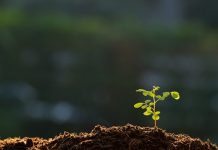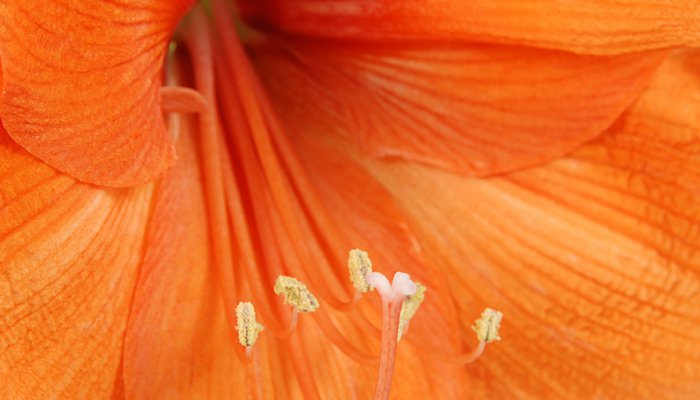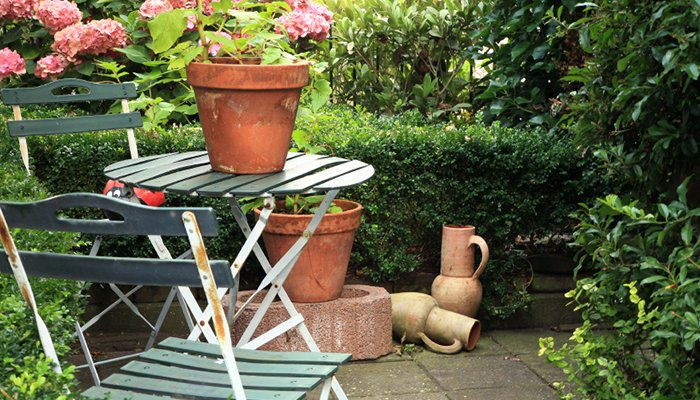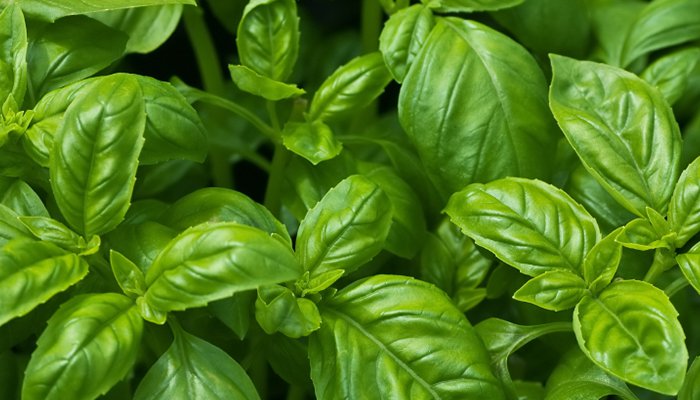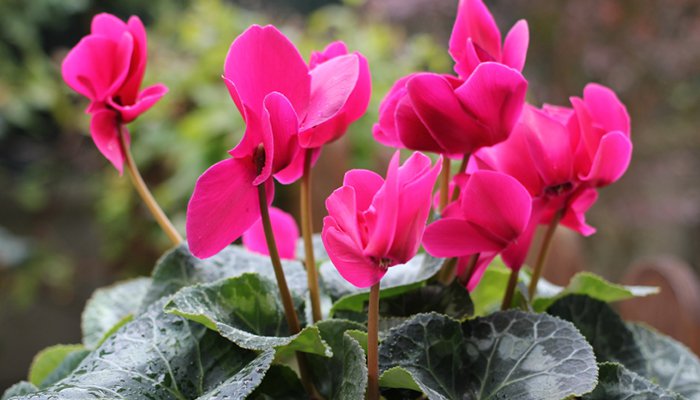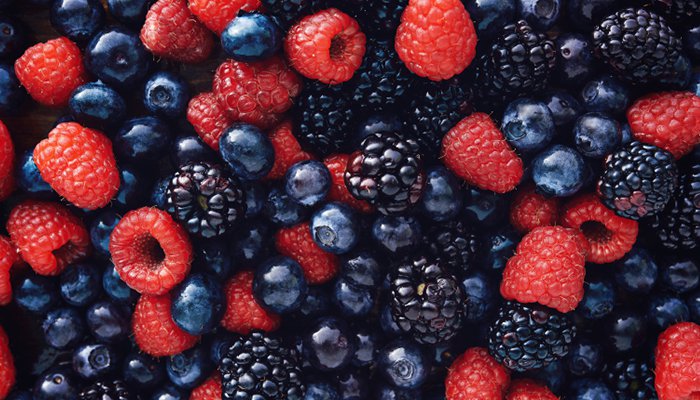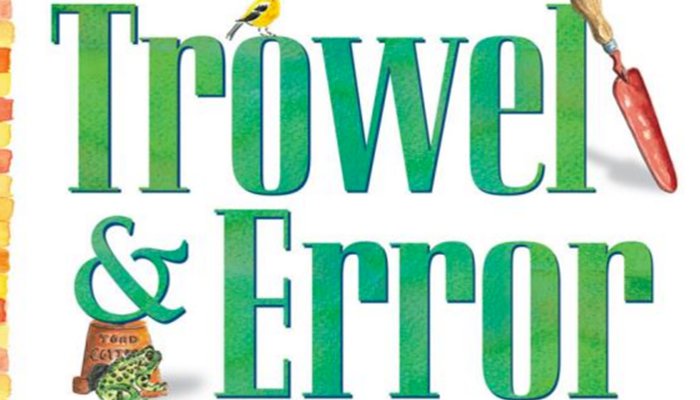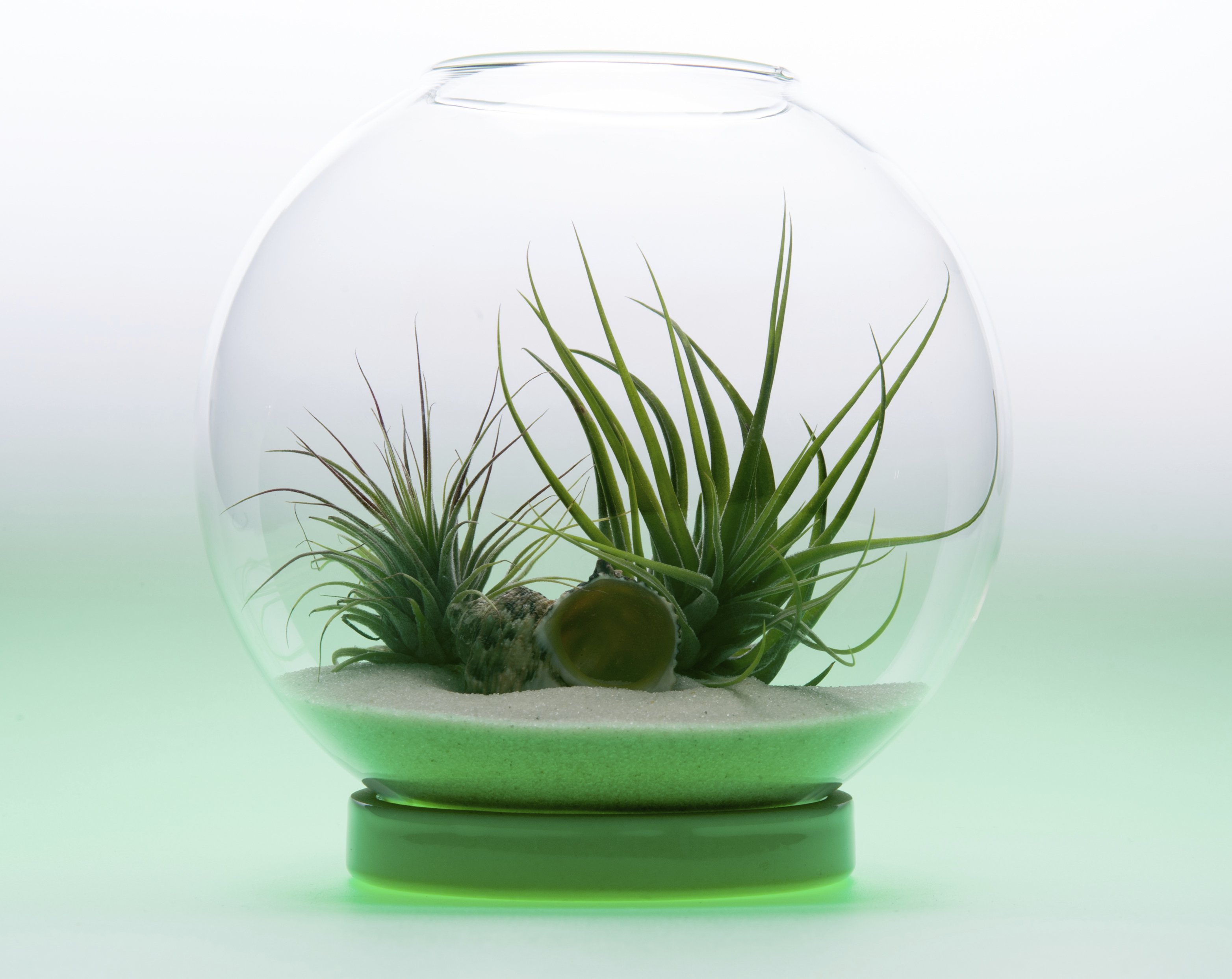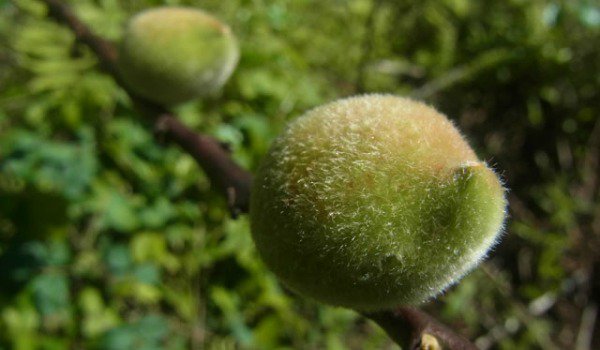
If you want to keep your garden healthy and strong, it is important that you water your garden at the right time of the day. That’s because if you don’t, your garden can encounter all kinds of problems like mold and diseases. To learn the best time to water your garden, check out the information listed below:
Best Time to Water Your Garden
The Morning
- Typically, it’s best to water your garden in the morning because this action is normally done in conjunction with your plants’ natural growth cycle. The best time is roughly 10 am so that the water has plenty of time to seep right into the soil and dry a bit before the sun gets too strong.
- In the morning, the sun may be up but it hasn’t reached its maximum heat index yet. Of course you can still water your plants later in the day but it’s recommended that you do this before the sun gets too hot. This is due to the fact that hydrated plants are able to stand the hot temperatures much better than those that are dehydrated. Waiting until midday or later can actually leave the plants burnt from the water. In other words, the sun-heated water could cause serious damage to the stems and leaves which are often very fragile.
The Afternoon
- If for whatever reason you can’t water your garden in the morning, wait until the late afternoon at some point around 4 pm. That’s because that time of the day is when the sun is no longer at its hottest. This way your plants won’t get burned, but there is still enough time for them to dry out from the water before nightfall approaches.
The Night
- The absolute worst time to garden is in the night. When you water at night, you’re actually leaving the water to just sit on the leaves and stems of the plants. Basically, the water won’t evaporate at all and that may cause the soil to become too water-logged. Remember, you need the sun to help the water drain properly. If the soil ends up filled with too much water, it could cause mold and fungus around the roots and on the stems and leaves. However, if you really must water at night, make sure to use less water than you typically do to try to avoid these kind of problems.
Image: iStockPhoto
References:
http://www.organicgardening.com/learn-and-grow/watering-smart
http://www.gardeningknowhow.com/edible/vegetables/vgen/water-plants-vegetable-garden.htm


